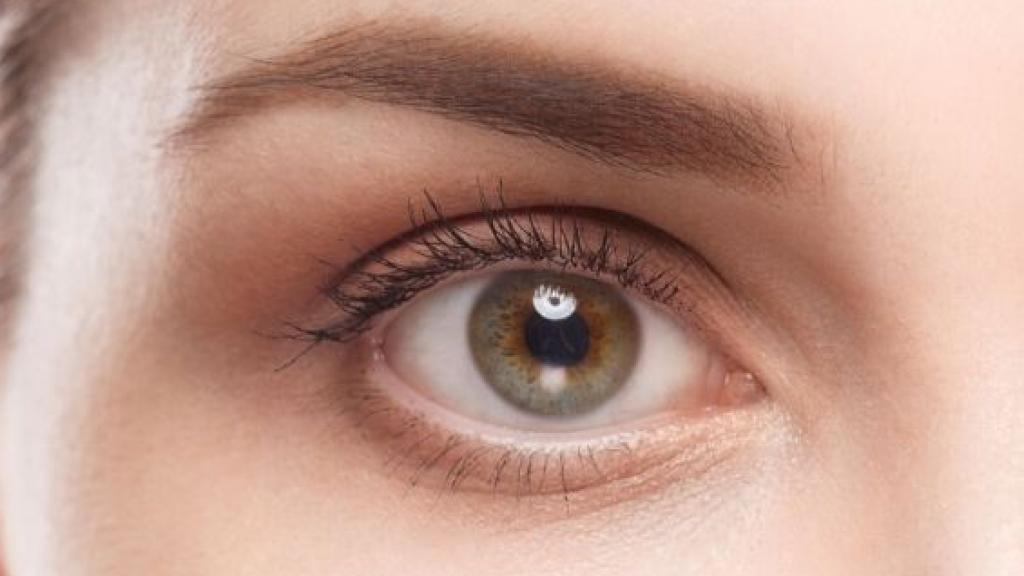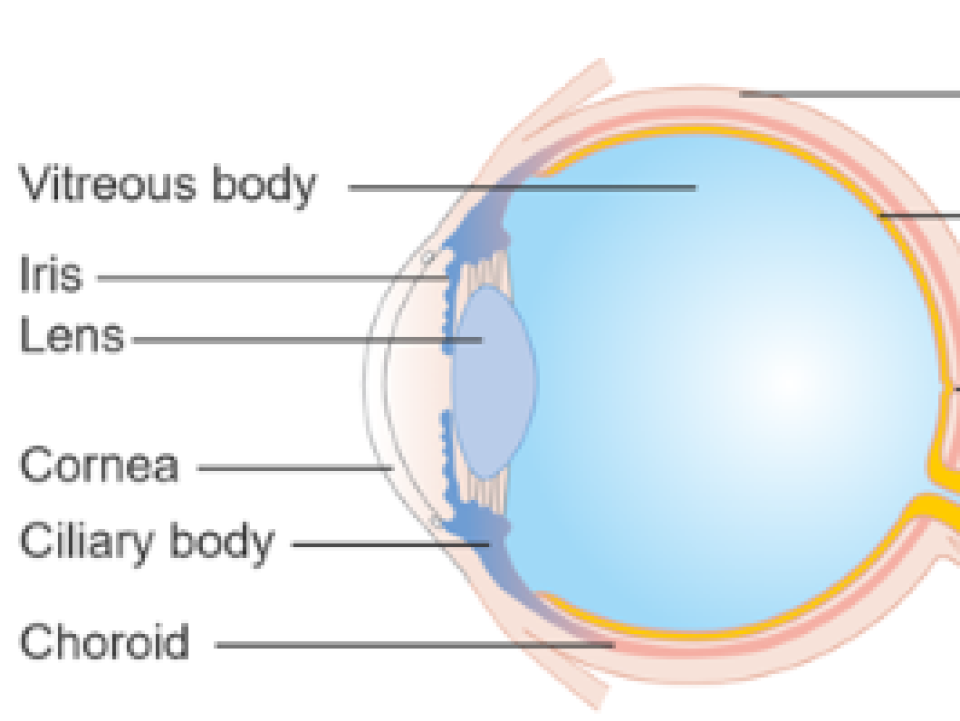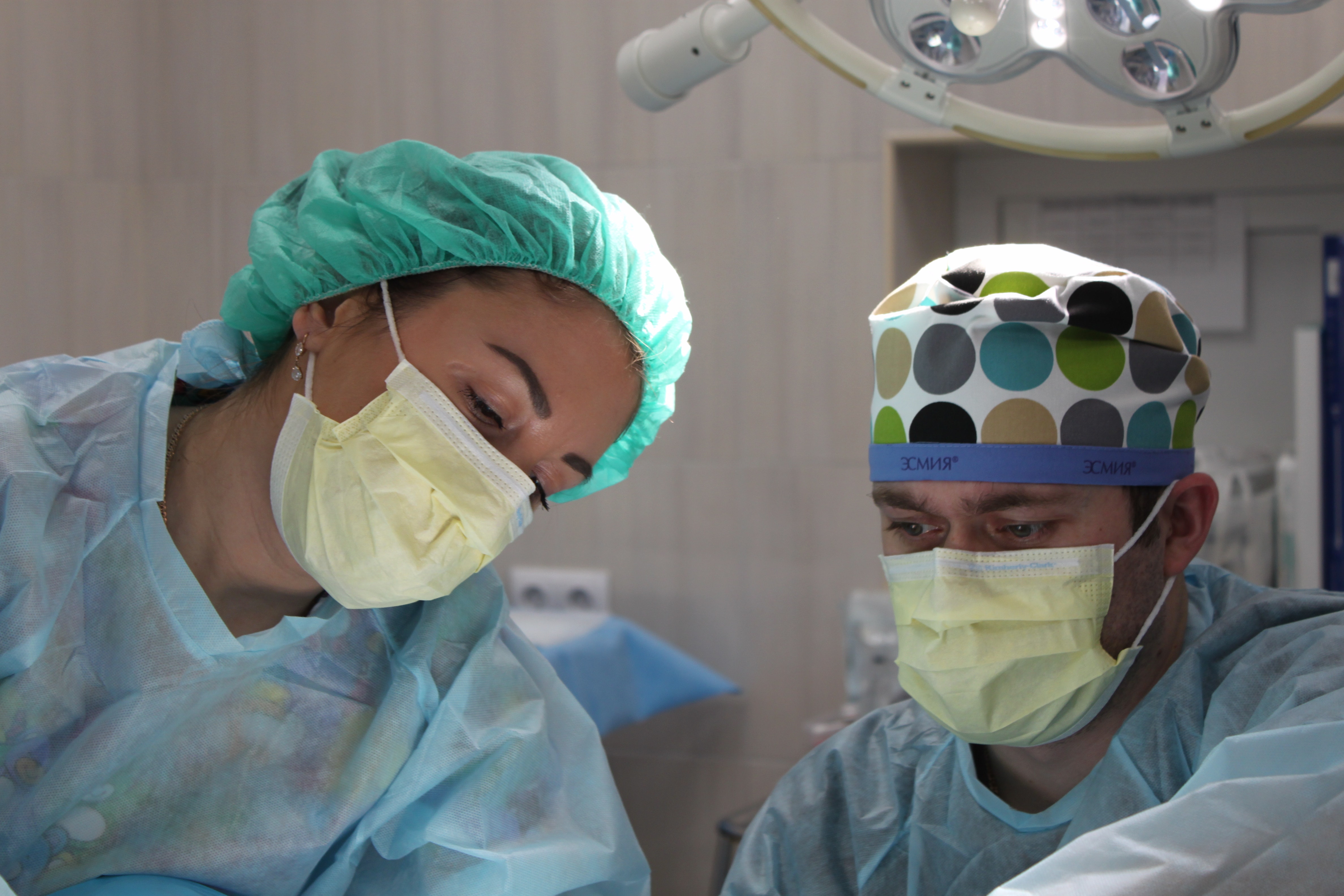
Eye cancer
Eye cancer affects about 60 people in Ireland each year. It is relatively rare.
Eye cancer can be treated with surgery, chemotherapy, laser treatment and radiotherapy.
What is eye cancer?
Eye cancer describes a cancer that develops in cells in one of the parts of the eye. The type of cancer that develops depends on the type of cell it begins in. Occular melanoma is the most common type of eye cancer.
Eye cancer is a rare cancer: around 60 people are diagnosed with eye cancer in Ireland every year.* They are also known as ocular cancers.

What is the eye?
The eye is the organ of sight. It sits in a little hollow area in your skull called the eye socket. The eyelids protect the front of your eyes and keep them moist and clean.
Your eye has three layers:
- Sclera. The outer later - the white of your eye along with the clear part at the front of your eye called the cornea. This layer protects your eye.
- Uvea. The middle layer. The front uvea includes the iris and ciliary body, while the back uvea is the choroid, which is rich in blood vessels and pigmented cells. The iris is the coloured part of your eye with the pupil in the centre, which changes size to let more or less light into your eye. The ciliary body is a muscle behind the iris that changes the size of your pupil and the shape of your lens to help your eye focus.
- Retina. The inner layer. This has nerve cells that are sensitive to light and sends messages to your brain along the optic nerve.
The conjunctiva is a thin membrane that covers the surface of your inner eyelid and the white part of your eyeball.
More information about eye cancer
More information about an eye cancer diagnosis
More information about eye cancer treatment
Treatment for eye cancer includes laser surgery, chemotherapy and radiotherapy. For more information about treatments for eye cancer, visit our treatment page.
Looking for support?
Our cancer support section contains information and advice on coping with cancer for diagnosed patients and their loved ones.
*The Irish Cancer Society uses the most up-to-date cancer statistics from the National Cancer Registry Ireland, available on www.ncri.ie
For more information
Phone
1800 200 700










